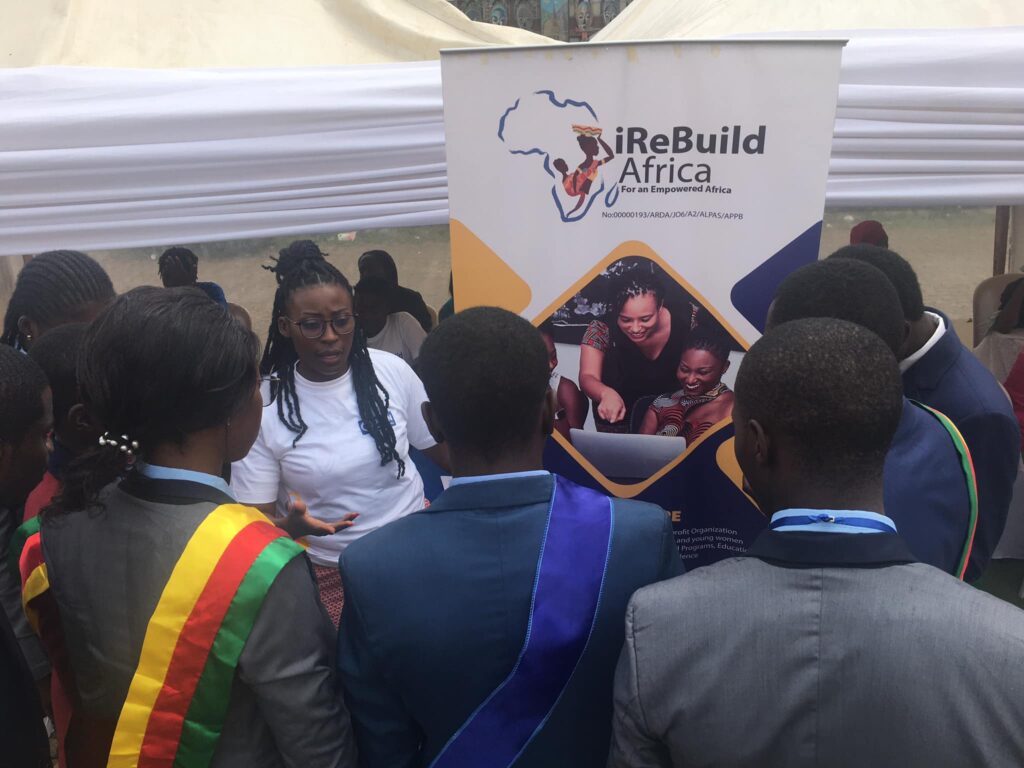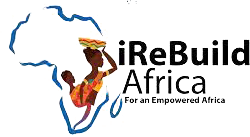On October 23rd, 2022, we joined our voices with Plan International Cameroon, the Ministry of Women Empowerment and the Family, the Ministry of Youth Affairs, Unicef Yaounde and other civil society organizations in a roundtable discussion on how to enhance girls’ access to these rights. We shared our experiences, challenges, opportunities and strategies for promoting girls’ empowerment and education in Cameroon.
Some of the key issues that we discussed were:
– The impact of the COVID-19 pandemic on girls’ education and well-being. We highlighted the increased risks of school dropout, early marriage, teenage pregnancy, gender-based violence and mental health problems that many girls faced during the lockdown and school closure. We also emphasized the need to provide adequate support and protection for girls who returned to school after the pandemic.
– The barriers and enablers of girls’ access to quality education. We identified some of the factors that hinder or facilitate girls’ enrollment, retention and completion of school, such as poverty, cultural norms, gender stereotypes, school infrastructure, teacher quality, curriculum relevance, learning materials and scholarships. We also shared some of the best practices and innovations that we have implemented or witnessed in improving girls’ access to quality education, such as community mobilization, mentorship programs, girl clubs, digital literacy and online learning platforms.

– The importance of girls’ access to information and services of sexual reproductive health. We stressed the need to provide comprehensive sexuality education for girls and boys in schools and communities, as well as to ensure that girls have access to affordable, accessible and quality sexual reproductive health services, such as family planning, antenatal care, safe delivery, postnatal care and prevention and treatment of sexually transmitted infections. We also discussed the challenges and opportunities of engaging men and boys as allies in promoting girls’ sexual reproductive health rights.
– The role of safe spaces for girls in enhancing their empowerment and well-being. We defined safe spaces as physical or virtual places where girls can express themselves freely, learn new skills, access information and services, participate in decision-making processes, network with peers and mentors, and enjoy recreational activities. We shared some of the examples of safe spaces that we have created or supported for girls in Cameroon, such as libraries, computer labs, art studios, sports fields, radio stations and online forums. We also highlighted the benefits of safe spaces for girls in terms of increasing their self-confidence, leadership skills, social capital, civic engagement and resilience.
We concluded the roundtable discussion by reaffirming our commitment to work together to advance girls’ rights and education in Cameroon. We agreed to continue the dialogue and collaboration among ourselves and with other stakeholders, such as government agencies, donors, media and academia. We also agreed to monitor and evaluate our progress and impact on girls’ lives. October
